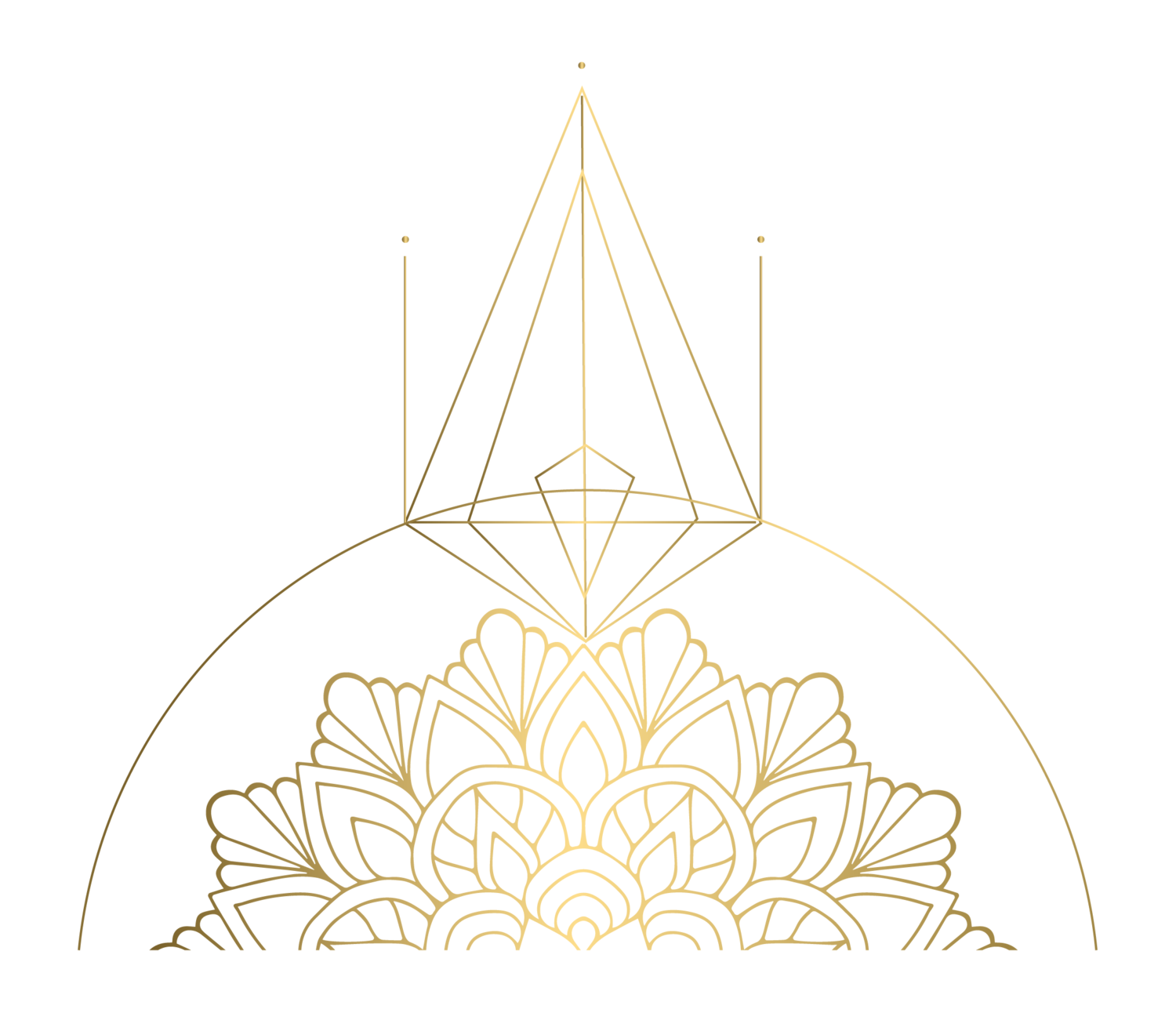I’ve been thinking a lot about what emerges with deep intimacy. A lot of our deepest fears and feelings come out in romantic relationships, especially, since our partners take over the position that our parents once held. They become our primary support, someone we’re bonded to, and often times, as humans, someone we need. This realization of the popular ethos of love and bonding became even more apparent as I was singing Stevie' Wonder’s “For Once in my Life” on a shoot recently- the lyrics go, “as long as I know I have love I can make it. For once in my life I have someone who needs me,” there seemed to be a consensus that this is our model of relationships. We want to be needed. We want to need.
I’ve always felt that evolved, conscious love is less about needing someone or trauma bonding, but more about wanting them. We are complete, as human beings, and we can take care of ourselves- our basic requirements become less about what another person can take responsibility for and fulfill, but more about them being an additive. As my friend says, people like me are difficult to date because we’re so good on our own. If you’re curious, the reason is, since I was young I was my own primary support in a fear-fraught, unstable environment- I had no one else, and even when I lacked the capabilities to self-soothe or self-regulate (often times, this becomes the first seeds of dissociation), I had to figure it out (this now, leads to friends pointing out- “if there’s one person who I trust can heal themselves, it’s you”) This type of behavior makes partners feel uncomfortable, as it seems like I don’t need them at all, and as one told me, “it’s like you’re just as happy if I leave”.
It used to be a bit of avoidant attachment because my needs weren’t met, mixed in with some anxious ambivalent attachment, but as I’ve grown, I’ve come to settle into the idea that, I’m great on my own. I love it.
I started to wonder though, aside from attachment patterns, was there something else I was avoiding? If my partners all mentioned that the evidence was in my body language, why was I subconsciously pushing them away? I knew that there were shades of fearing vulnerability, and intimacy, and it wasn’t until recently that I really saw it during a three week vacation with a romantic partner- little fragments of pain, triggers, volatility, the signs of the wounded child. Sometimes I regressed, sometimes I felt weak, sometimes I felt exactly how I felt in the moments of my childhood that scarred me the most. I thought I’d grown past this, I thought I’d evolved after so much self-work, but there are always deeper layers worth investigating. This is further elucidated by our love-maps, which are imprinted with different types of personalities that we’re programmed to fall in love with. It’s an amalgamation of our primary caregivers as well as models of love- it’s so deeply wired in us and that’s why our partners will often have similar traits to our parents, or drive us to react in similar ways they did.
I recognize that one of my biggest life challenges is learning how to respond, rather than to react. Most of the time, I respond. But some of the time, in intimacy, I react. We’ve all had that friend that gets so emotional and detaches from all rationality and it gets so difficult to deal with— that friend is a part of us. We get triggered because the pain of abandonment is at the forefront and the part of us that gets activated is the part that says, “I won’t survive without you here. I need you,” But, the reality is, we don’t… we’re adults.
This incongruence is also found in sometimes wondering whether to stay or go, in a relationship. Part of us may want to stay, part of us may want to go. Even more specifically, our minds might tell us one thing, our hearts another, our energy, and our lives, yet another. It’s rare to find love, to find a strong connection, and isn’t it a human trait to want to hold on to attachment, to enjoy it while it lasts? But what if it becomes a set back and you can feel it impinging on different parts of YOU- as in, you need to sacrifice something of yourself, or your life, to stay. And finally, where, and what, are you willing to compromise, if your needs aren’t fully met and your values are encroached upon? So many books about relationships advocate for staying, committing, connecting to a partner, because we’re so often moving on and restarting this same pattern with another partner, even though the “issues” are within us, not the dynamic. Yet, what if we know that something’s not right for us- it doesn’t resonate, and everyone around us knows too? When do we know that we’ve learned all that we need to learn, and that it’s the best thing for both parties to end?
When I’m on my own, there’s no room for regression, or doubt. I’m in touch with myself and I live my life according to my own needs. When I’m with someone, my decisions impact them too, and our energies intermingle. They can, and do, affect me. I believe firmly that we don’t “need” that, yet, we can want that, and make an active choice to commit day to day. There are no guarantees with any relationship- we can defer to senses of security like promises or vows, but even still people are subject to changing their minds. The only security we can have is within ourselves and in our renewed choice and desire. Sometimes, we choose to move on.
